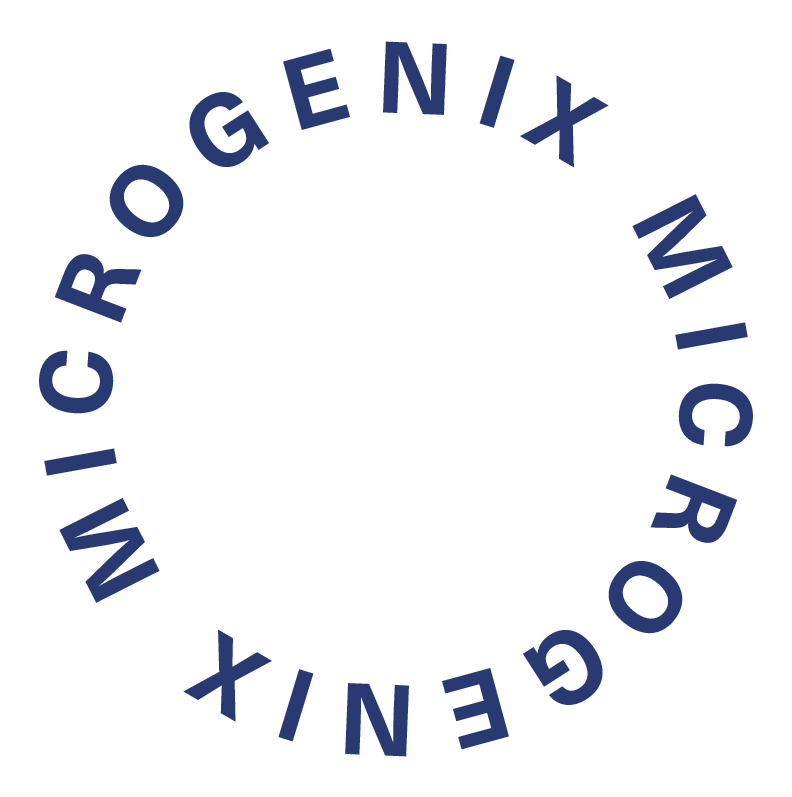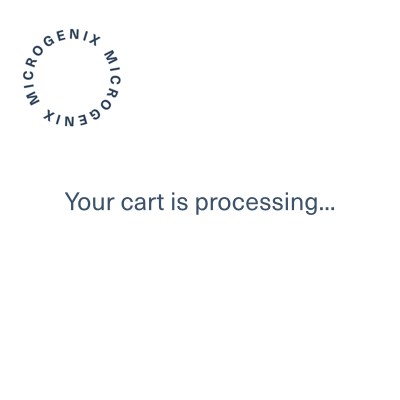Blog
Is Psilocybin the Ultimate Mom Hack? A Conversation with a Microdosing Mom
Like any other demanding job, the day-to-day routine of parenthood comes with no shortage of stress and exhaustion, stemming from constant responsibility, little sleep, and emotional pressures—at times dampening the sense of reward mothers crave.
In recent years, mental health in motherhood has become a prevalent topic. New reports show that 1 in every 5 mothers will experience mental health issues, making maternal mental health the leading complication in pregnancy and childbirth.
Not only will 1 in 5 mothers face prenatal mood and anxiety disorders, but research shows that 75% of these mothers will lack access to proper treatment. Is it that the treatment doesn’t exist? Not quite.
A collective of obstacles, including stigmatization, shortages of mental health professionals in the parenthood realm, and other barriers, limit treatment access for many mothers.
But a new horizon has emerged in recent years, one that is being referred to as the latest “biohack” for mothers, and it might be the closest thing to a “magic pill” we have.
Jaimie, a working mom of three, is one of thousands of mothers who has begun microdosing magic mushrooms as a way to relieve stress and improve her mental health at home. And it’s working.
“As a working mother, I was drawn to the idea of using natural solutions to manage everyday challenges.” said Jaimie, a mom of three. “I began microdosing intermittently after the birth of my third son in 2017. The experience of a traumatic birth led me to seek natural support for both physical and mental recovery, accompanied by support and guidance of health care professionals.”
The new-wave practice involves taking microdoses of psilocybin (the active compound in magic mushrooms) on a regular or scheduled basis to ease mood disorder symptoms like depression, anxiety, and chronic stress.
“Microdosing has truly become my ultimate “mom hack.” On weekends, when my schedule is particularly overwhelming, I’ll microdose in the morning to gain clarity and set a flowing checklist. It helps me stay focused and maintain a positive, upbeat mood throughout the day.”
Lack of Evidence, Surplus of Personal Growth
While there is still work to be done in terms of solidifying the efficacy of microdosing on a scientific basis, lack of epidemiological studies aren’t stopping mothers from speaking out on their own revelations.
While one study published in Nature: Scientific Reports found that individuals who microdosed psychedelics reported fewer symptoms of anxiety and depression, along with greater feelings of well-being compared to those who did not, successful studies regarding magic mushrooms as mental health treatments are commonly centered around large doses of psilocybin, specifically those that produce a full-trip experience.
But just because highlighting the efficacy of such low quantities of psilocybin is tougher to pin down, it doesn’t diminish what is actively taking place: an outpouring of microdosing mothers supporting one another with the knowledge that it is helping them stay patient, happy, and sane at home.
“As a mother of three, balancing individual connections with my kids can be challenging, given their unique interests and hobbies. Microdosing helps me be more present and engaged—whether it’s relaxing and creating art with my daughter, diving into imaginative Lego worlds with my middle child, or getting creative in the kitchen with my youngest. It’s also been impactful in my marriage, allowing my partner and me to relax and reconnect. Overall, microdosing has greatly enhanced my ability to be present and intentional in all areas of my life.”
Cracking Down on the “Wine Mom” Trope
If there is any one abrasive barrier in the movement of microdosing mothers, it might be the stigmatization surrounding the practice.
While mothers are no strangers to societal pressures to parent a certain way, the fear-mongering surrounding microdosing—a practice that has been shown to be relatively safe and side-effect free when done properly—is amplified by misconceptions about psychedelics and the stigma surrounding mental health treatments.
What is being challenged now, however, is the classic “wine mom” or “mommy’s little helper” stereotype that has persisted for generations, which never seemed to face the same scrutiny that microdosing has.
“Moms are often faced with differing opinions, whether it’s breastfeeding vs. bottle-feeding or cloth vs. disposable diapers. As a mother, I’ve always turned to data, research, and ultimately, what works best for my family when making decisions. The rise of the “wine mom” culture is a good example of something socially accepted but, in reality, has significant risks associated with alcohol consumption. In contrast, incorporating plant-based solutions has allowed me to maintain a successful career, foster deep connections with my children, and support my mental health, all without the same risks.”
We see it on T-shirts, hats, tote bags—you know, the “mommy needs wine” aesthetic that’s as kitschy as it is questionable, easily found at your local Winners. While the “wine mom” trope is celebrated in mainstream culture, some say it coincides with a dismissive attitude toward the challenges of motherhood, and even more so, the alternatives that can support mental well-being.
Now, this isn’t to say a busy mother doesn’t deserve a treat to decompress at the end of a long day (which they most certainly do), but rather to highlight the double standards that demonize plant medicine and other unorthodox alternatives.
“Microdosing has definitely transformed my approach to self-care. It allows me to take a more balanced and mindful approach to stress management. I’ve noticed that I am more intentional with my time and energy, making it easier to handle the inevitable ups and downs of motherhood.”
Navigating Alternatives in the SSRI Generation
SSRIs are taken by millions of people globally, a form of antidepressant that has seen a spike in usage over the last decade. While these medications provide relief for many on a daily basis, there is a growing body of awareness regarding the limitations and side effects associated with long-term SSRI use. This has led to an increased interest in alternative treatments that can offer similar benefits without some of the drawbacks, especially prominent in motherhood.
“Like many mothers, I was diagnosed with postpartum anxiety after the birth of my child. My doctor prescribed a low-dose SSRI, which did help with my anxiety, but it left me feeling emotionally numb—something that concerned me as a mother. I worked with my GP to taper off the medication and began consulting with a naturopathic practitioner, who introduced me to plant medicine.”
Approximately 10-20% of women experience postpartum depression and/or postpartum anxiety. Of which, SSRIs are among the most common treatments for the disorder.
What we hear a lot from those who have opted for microdosing as an alternative to antidepressant medication, is that they were better able to engage and connect on a deeper level, without the emotional blunting feeling from other medications.
*Disclaimer: SSRI use should only be discontinued under professional guidance. Microdosing is not a substitute for prescribed medications and should be pursued with medical advice and thorough research.
“I distinctly remember the moment I realized I was regaining my emotions. I teared up over a heartfelt message from a friend and was overwhelmed with relief, knowing that my feelings were returning safely and healthily.”
Turning a New Leaf: Could Microdosing be a Useful “Biohack” for Other Hopeful Mothers?
“Being a parent today means being the Chief Operations Officer, and I’ve found microdosing to be incredibly helpful in managing those challenges. For me, it has been a tool that enhances my ability to stay connected, calm, and present amidst the chaos of daily life with young children.”
The microdosing movement presents an opportunity to challenge norms, and most importantly, create a space where alternatives are being considered and stigmas are being diminished.
We are entering a time where we are reimagining what mental health support can look like in a modern, holistic world—where mothers, too, are given the freedom to choose alternatives that empower them to take their health into their own hands.
Jaimie, a busy, hard-working mother of three, is a testament to what can happen when you place trust in your intuition, and follow what works for you as an individual. Whether that looks like more visits to the doctor, a glass of wine at the end of a long day, or maybe, just maybe, a small dose of mushrooms in the morning.
“Microdosing has provided me with a sense of clarity and calm, which helps me navigate difficult days more effectively. Instead of feeling overwhelmed by challenges, I’m able to approach them with more focus and composure, which has been invaluable both as a mother and in my personal, professional and spiritual growth.”




